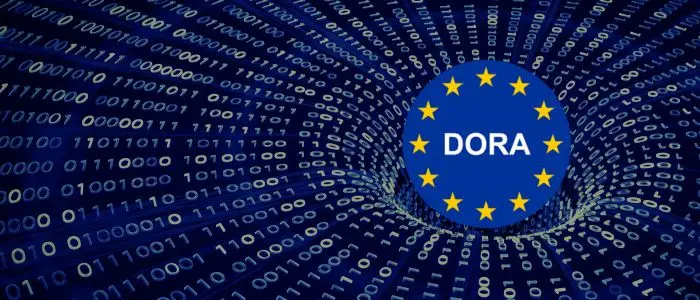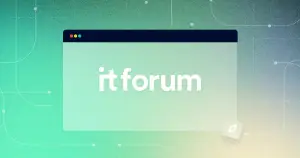The Digital Operational Resilience Act (DORA), which came into full effect in January 2025, is reshaping the way organizations across the EU—and beyond—approach IT risk, cyber resilience, and compliance. While many think of it as “just another finance regulation,” DORA casts a much wider net.
If your organization depends on digital services, data continuity, or third-party IT providers, this regulation likely applies to you.
Is your business ready for DORA?
1. Financial Services
Who it covers: Banks, credit institutions, insurance firms, investment companies, and payment service providers.
What DORA demands: These institutions must implement comprehensive risk management frameworks, incident reporting processes, and continuous testing of their digital systems.
They also need full visibility into their third-party IT providers and critical service dependencies.
Source – European Commission: Financial Sector & DORA
2. Insurance & Reinsurance
Who it covers: Insurers, reinsurers, intermediaries, and auxiliary insurance companies.
Why it matters: DORA aligns with Solvency II but adds stricter oversight on operational resilience, including backup, incident classification, and threat-led penetration testing (TLPT).
Firms must prove they can recover critical data in real-time scenarios.
Source – EIOPA on DORA for Insurers
3. Crypto & FinTech Companies
Who it covers: Crypto-asset service providers (CASPs), e-money institutions, crowdfunding platforms, and neobanks.
New expectations: DORA brings these relatively new players under the same regulatory umbrella as traditional banks. They must now meet auditability, real-time monitoring, and IT risk governance requirements or risk major penalties.
Source – European Parliament: DORA & Crypto
4. ICT Providers to the Financial Sector
Who it covers: Cloud providers, software vendors, data centers, and even cybersecurity firms offering critical services to regulated financial institutions.
Why DORA applies: DORA introduces the concept of Critical ICT Third-Party Providers (CTPPs). These vendors may be directly overseen by EU supervisors and must meet strict resilience, reporting, and audit standards.
Source – European Commission: Oversight of Third Parties
5. Market Infrastructure Operators
Who it covers: Central securities depositories, trading platforms, central counterparties (CCPs), and payment systems.
Key focus areas: DORA emphasizes uninterrupted access to financial markets. Market operators must maintain high system availability, execute resilience testing, and ensure that digital disruptions do not affect liquidity, settlement, or trading.
Source – ECB: Cyber Resilience in Market Infrastructure
Why It Matters Beyond the EU
Even organizations outside the EU are feeling the ripple effect. Multinational firms with EU customers or dependencies on EU-regulated entities must adapt.
And with similar frameworks like NYDFS (New York Department of Financial Services) in the U.S. and APRA CPS 230 in Australia, global convergence is well underway.
How to Prepare Without the Headache
Fenix DFA helps organizations simplify DORA compliance with:
- Audit-ready reporting
- Real-time backup visibility
- Behavior-based risk detection
- Integration with existing systems
- Tools to manage third-party dependencies
See How DORA Applies to Your Business
Whether you’re a fintech startup, a global bank, or a third-party vendor, DORA is here—and it’s serious.
Don’t wait for a fine or data breach to take action.
Schedule a demo or consultation to explore how we help you stay resilient and compliant.









